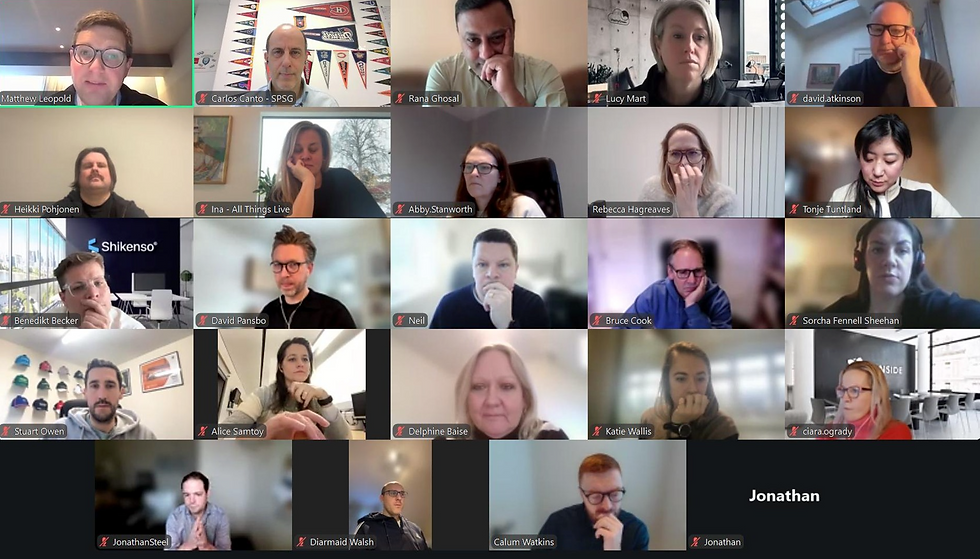Reflections on Women's Football Leagues
- SPSG Consulting

- 1 jul 2021
- 2 Min. de lectura
Carlos Cantó, CEO of SPSG Consulting, collaborated this month with the sports business newspaper Palco 23 to give his view on the trends and challenges of women's football leagues.

The FIFA Women's World Cup held in France in 2019 featured 52 matches and is considered the "tipping point" competition for women's football. It is estimated that the competition contributed USD 350 million to France's GDP. For the 2023 edition, to be held in Australia and New Zealand, 64 matches are planned, and the economic impact of the competition is estimated to be in a similar range to the 2019 event held in Europe. More than 60,000 international visitors are expected in Australia and New Zealand generating more than 600,000 overnight stays, and the creation of more than 5,000 jobs. There is no doubt that interest in the competition is on the rise.
In Spain, 15 June 2021 was the date chosen to confirm the professionalisation of the women's football league (currently Primera Iberdrola). In this respect, a distinction should be made between the aspects (legal, labour, fiscal) related to the inherent rights of the players and technical staff on the one hand, and on the other hand, the process of professionalisation of the competition and its development from a business point of view. The "new" league should be sustainable from an economic point of view (in fact, this is how investors and funds that are interested in women's football on a global level conceptualise it).
With a generation of over USD 350 million, the FIFA Women's World Cup 2019 reflected the increasing interest in women's football
In preparatory work and reflections prepared before the 15 June deadline, and which are to be fully developed in the coming months, the fundamental aspects to be taken into account in the "improvement" of a competition are outlined.
One of the strategically important aspects to consider in the process of creating and/or strengthening competitions and leagues is undoubtedly the governance system.
Based on our experience in accompanying clients in the development and improvement of leagues and competitions (both in football and in other sports, and both in Spain and in other European countries), an adequate definition of the governance system is key to the economic and management sustainability of the competition.
The governance system must be agreed with the clubs through participatory processes which, at the same time, are executive and approached from a prism of professionalisation and efficiency.
In short, a new chapter in women's football in Spain is opening, with the reinforcement, at all levels, of the top national competition at club level, with the aim of developing women's football, as well as strengthening the clubs (and teams) that make it up and empowering the body of athletes and technical staff.
A notorious and substantial challenge, which already started years ago with the impulse of the current main sponsor of the competition, and which should serve as a springboard for a more robust development in the coming years, allowing for greater economic sustainability, notoriety and importance of the league both in Spain and let's not forget, internationally. An exciting challenge, for women.



